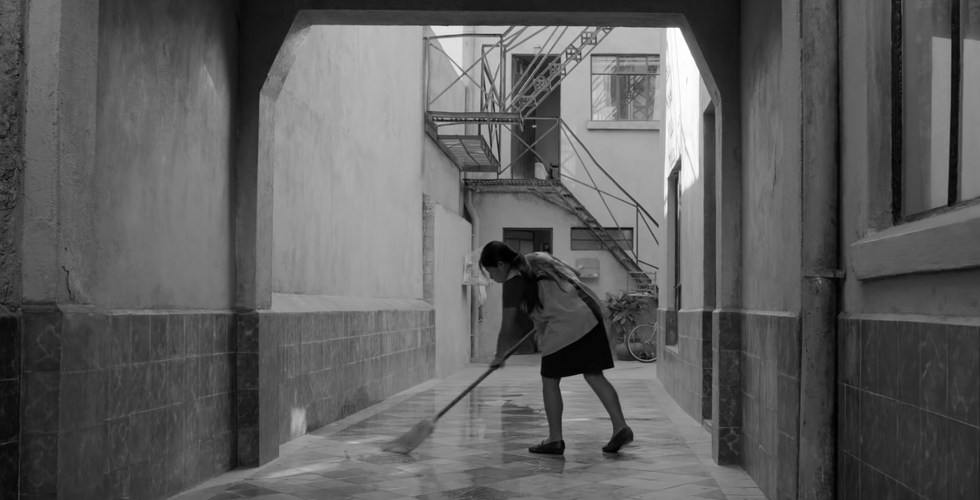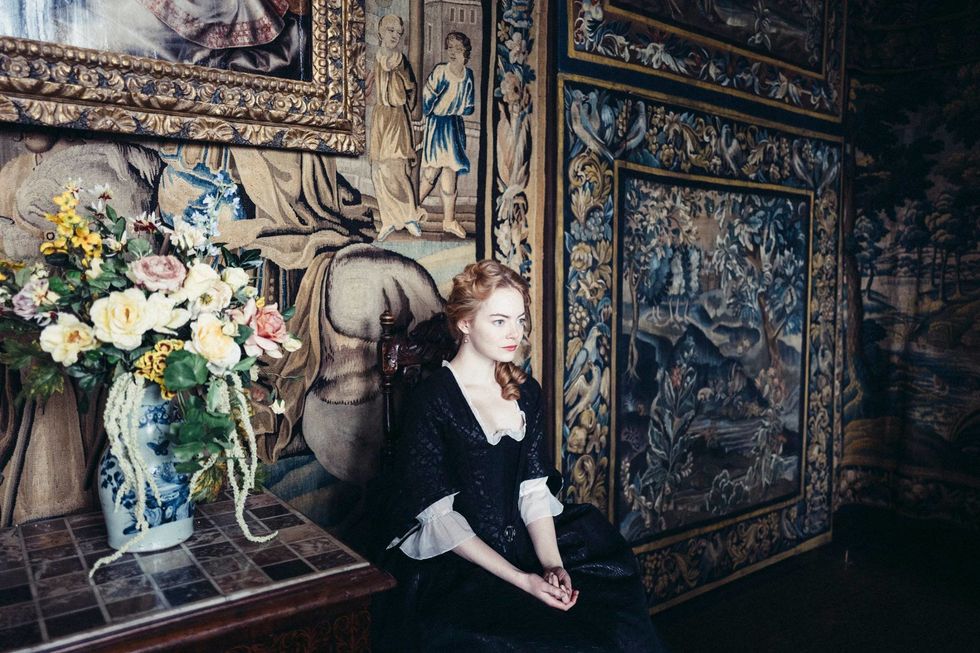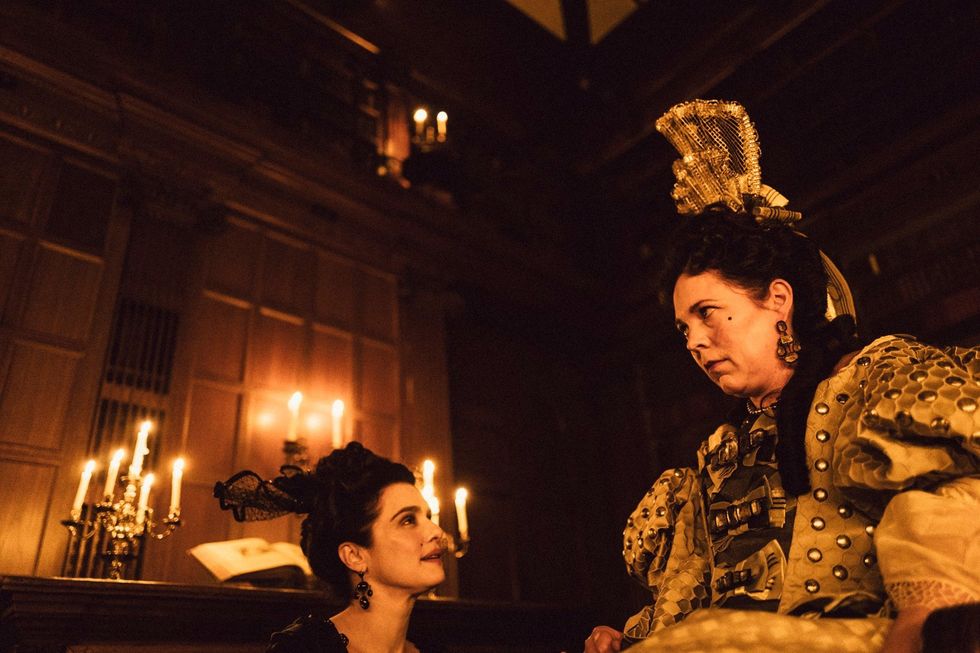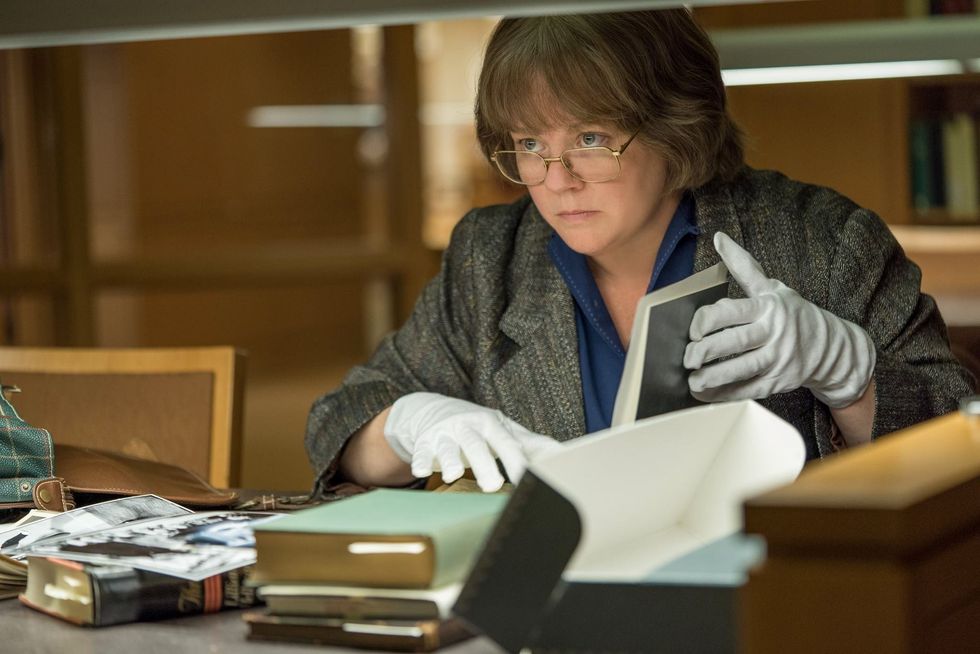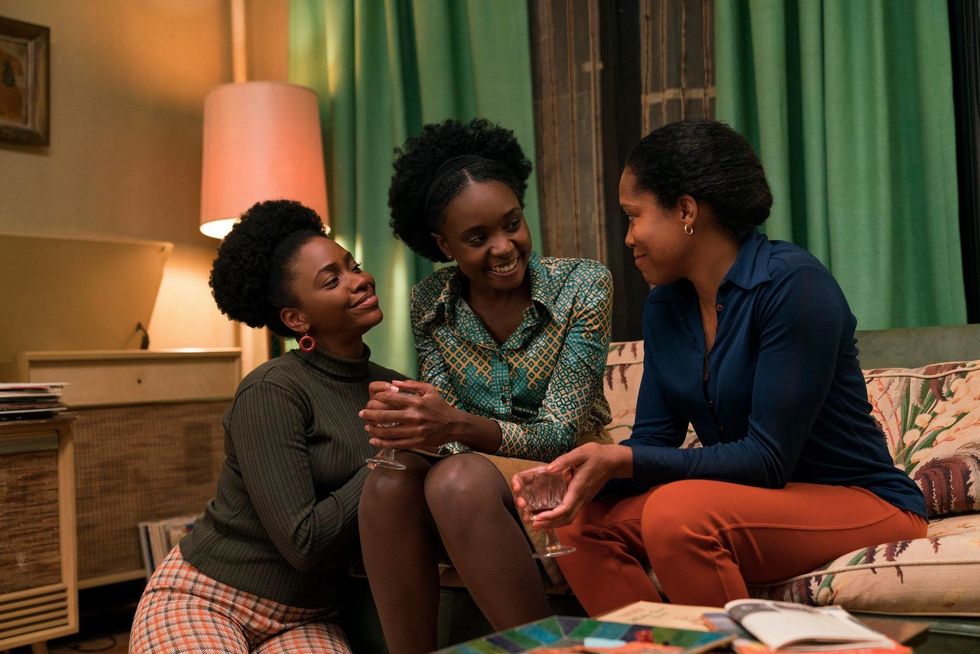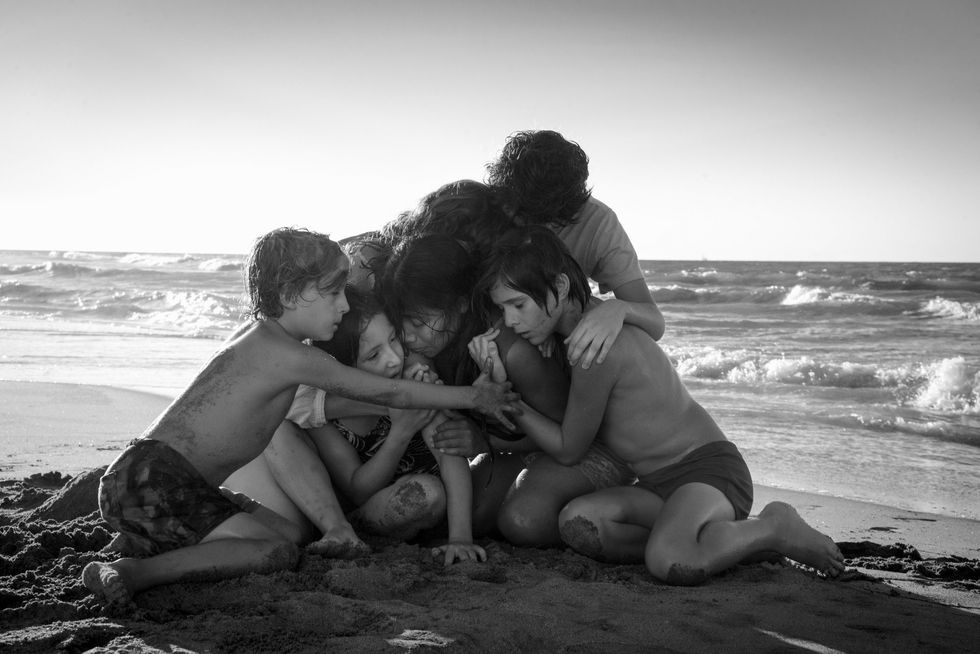A Mexican TV Personality Did Brownface To Portray Yalitza Aparicio And The Latinx Community Must Not Accept It
The racism within the Latinx community is real and needs to end.
Roma was one of the most popular films of 2018 and helped launch Yalitza Aparicio to stardom. Her performance has been applauded by many for its representation of indigenous women, but unfortunately, her role has also made her the target of racism. In the Latinx community, many indigenous people are shamed for their skin color by white-passing Latinxs.
Discussing the racism within the community makes white-passing Latinxs heated because they make the argument that "We are all Latinx, no matter our skin color." Even though that is true, your experiences are different depending on your skin color. A white-passing Latinx has more privilege than an indigenous Latinx or an Afro-Latinx because their skin color falls into what our society considers "beautiful" and "acceptable."
Aparicio was the subject of a racist sketch done by a Mexican TV personality named Yessica (Yeka) Rosales. She gave herself brown skin, thick lips, and an artificial nose in an attempt to look like Aparicio. Clearly, Rosales did this because she wanted to mock her by doing brownface. One would think that Mexicans would have called her out for this racist portrayal, but in reality, many of them approved of Rosales' sketch because it was supposed to be funny. The fact that they saw her actions as funny instead of racist proves that darker skinned Latinxs are looked down upon within the community.
Rosales even defended her portrayal of Aparicio by referencing the time that she did blackface to play the part of Donna Summer. She claimed that it did not make sense that people were criticizing her for doing brownface to play Aparicio since she did not receive any backlash for doing blackface to play Summer. Newsflash: Both of these actions are equally racist. The only difference between them is that she was caught when she did Aparicio but not caught when she did Summer. It does not mean that the public was only outraged because of their love for Aparicio.
Rosales went on to say, "Which skin tone should I use to play Yalitza that would not offend you? I don't discriminate. I portray all the skin tones and races and ages in the world."
Saying that you portray all races is not some sort of example of how non-racist you are. Those portrayals are rooted in racist stereotypes that mock the person you are playing. Rosales referencing the other times she has done brown and blackface only make her seem that much more racist.
The fact that Rosales is a white-passing Latina further proves the point that white-passing Latinxs have been conditioned to believe that they are somehow superior for having a lighter complexion. Rosales saw it as "funny" that Aparicio has brown skin and wanted to emphasize the hilarity of it by changing her light skin to a darker color that was supposed to resemble Aparicio's. There is absolutely nothing funny to be taken away from Aparicio's skin. She is simply existing as a beautiful, talented, indigenous woman, and that is supposed to make me laugh? The only thing I felt when I saw the photos of Rosales in brownface were anger and disgust.
All of us white-passing Latinxs must address the racism that we have allowed to thrive within our community for generations. We have to condemn it in order for things to change for the better. I recognize that I am privileged by being a white-passing Latina and I intend to do everything in my power to stand up for indigenous Latinxs and Afro-Latinxs.



